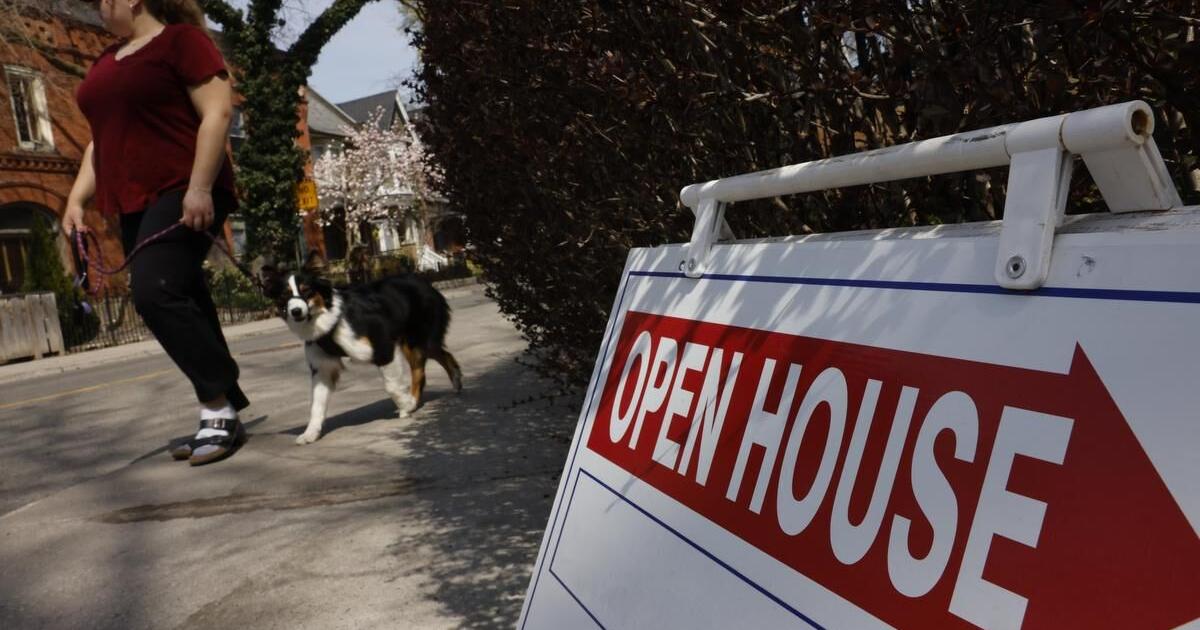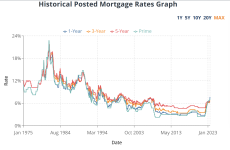A reminder to the young whippersnappers

that the current mortgage rates are not historically out of the norm.
View attachment 63590
Our crazy high prices were driven by the unhealthy low mortgage rates between 2009 and 2021/2022 and of course supply problems.
If the rates stay where they are or go up some more (which is still historically low) for the foreseeable future prices will eventually adjust more as monthly payments become completely unmanageable at renewal for many owners. Distressed sales etc. Not everyone's mortgage renewal is on the same day. Bubble burst, likely not due to supply issues, adjustment yes.
Lots of people right now are using the long amortization periods or even just putting it all on a secured LOC (practically infinite mortgage) at renewal to hold on (hold out?) until the rates drop. Back to historical, they may not drop in the coming years even if inflation does....






















